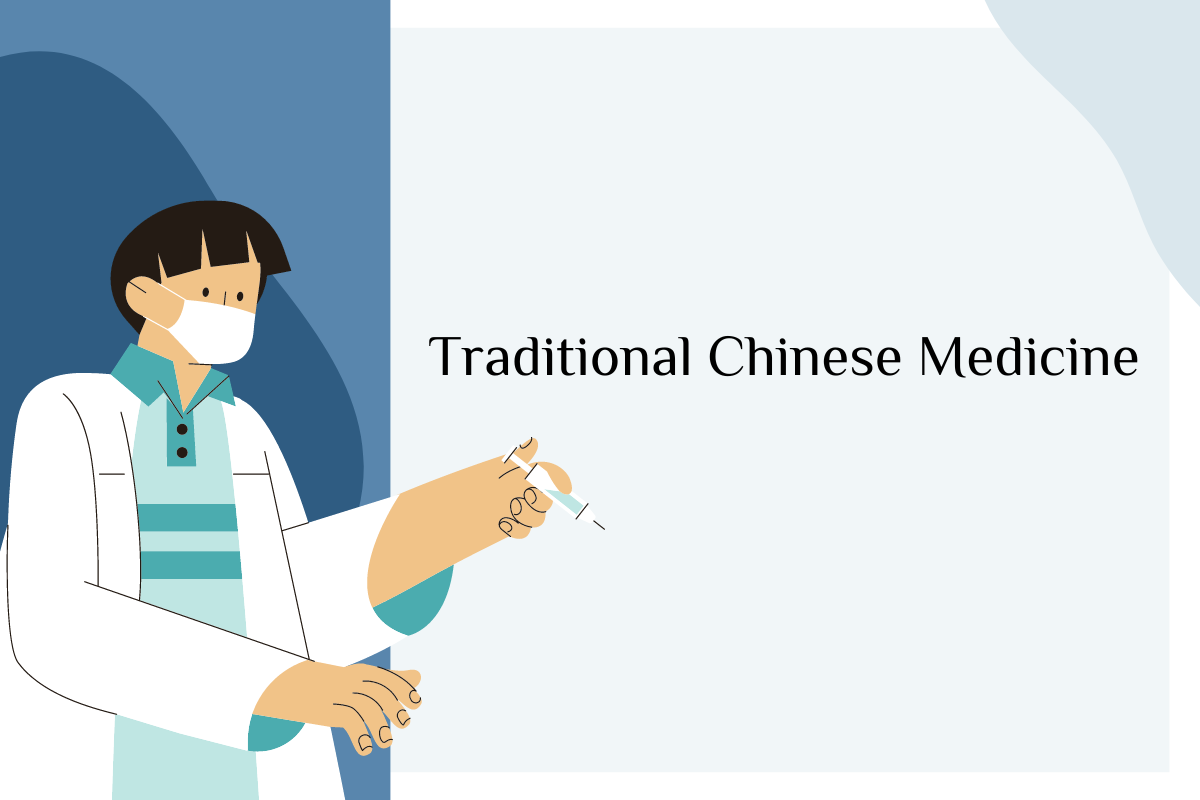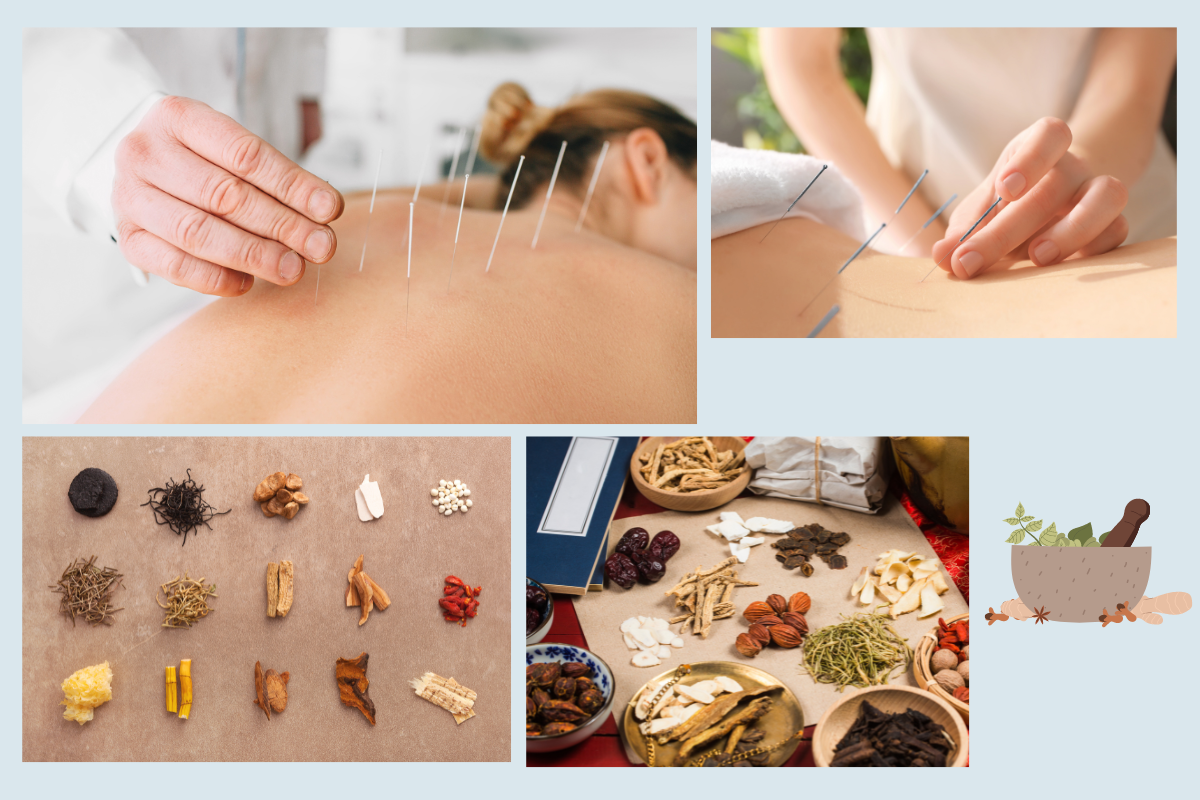Exploring the Marvels of Traditional Chinese Medicine
In the vast landscape of healthcare, Traditional Chinese Medicine (中医 - Zhōng Yī) stands as a time-honored and holistic approach that encompasses a rich tapestry of ancient wisdom, natural remedies, and a profound understanding of the body's harmony. This article invites you to delve into the intricacies of Traditional Chinese Medicine, exploring its fundamental principles, diagnostic methods, and the enduring impact it has on individuals seeking a balanced and healthy life.

Foundations of Traditional Chinese Medicine
Philosophical Roots:
At the core of Traditional Chinese Medicine lies the ancient philosophy of Yin and Yang, representing the balance of opposing forces, and the concept of qi (气 - qì), the vital energy 能量 (néng liàng) flowing through the body. These principles form the foundation for understanding health and disease in the context of harmony and balance.
Five Elements Theory:
The Five Elements—Wood, Fire, Earth, Metal, and Water—are another cornerstone of Chinese Medicine. This theory links the body's organs, emotions, and seasons, offering a holistic perspective on the interconnectedness of nature and human health.
能量 (néng liàng), noun, energy
Examples:
- The sun is a powerful energy source.
太阳是一个强大的能量源。
Tàiyáng shì yīgè qiángdà de néngliàng yuán. - Exercise can increase the body's energy.
运动可以增加体内的能量。
Yùndòng kěyǐ zēngjiā tǐnèi de néngliàng.

Treatment Modalities in Chinese Medicine
Acupuncture (针灸 - Zhēn Jiǔ):
Acupuncture involves the insertion of thin needles into specific points along the body's meridians to regulate the flow of Qi. This time-tested practice is known for addressing a wide range of ailments, promoting balance 平衡 (píng héng) and vitality.
Herbal Medicine (中药 - Zhōng Yào):
Chinese herbal formulas, derived from a vast array of plants, minerals, and animal products, are prescribed based on the individual's unique constitution and health condition. These formulations aim to restore harmony and support the body's natural healing processes.
平衡 (píng héng), noun, balance
Examples:
- Maintaining body balance is essential for health.
保持身体平衡对健康很重要。
bǎochí shēntǐ pínghéng duì jiànkāng hěn zhòngyào. - Finding a balance between work and rest is important in life.
生活中要找到工作与休息的平衡。
shēnghuó zhōng yào zhǎodào gōngzuò yǔ xiūxí de pínghéng.